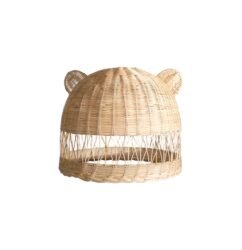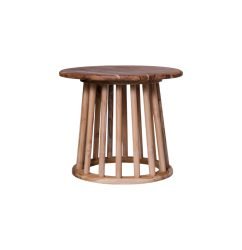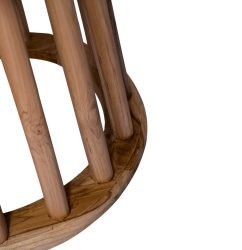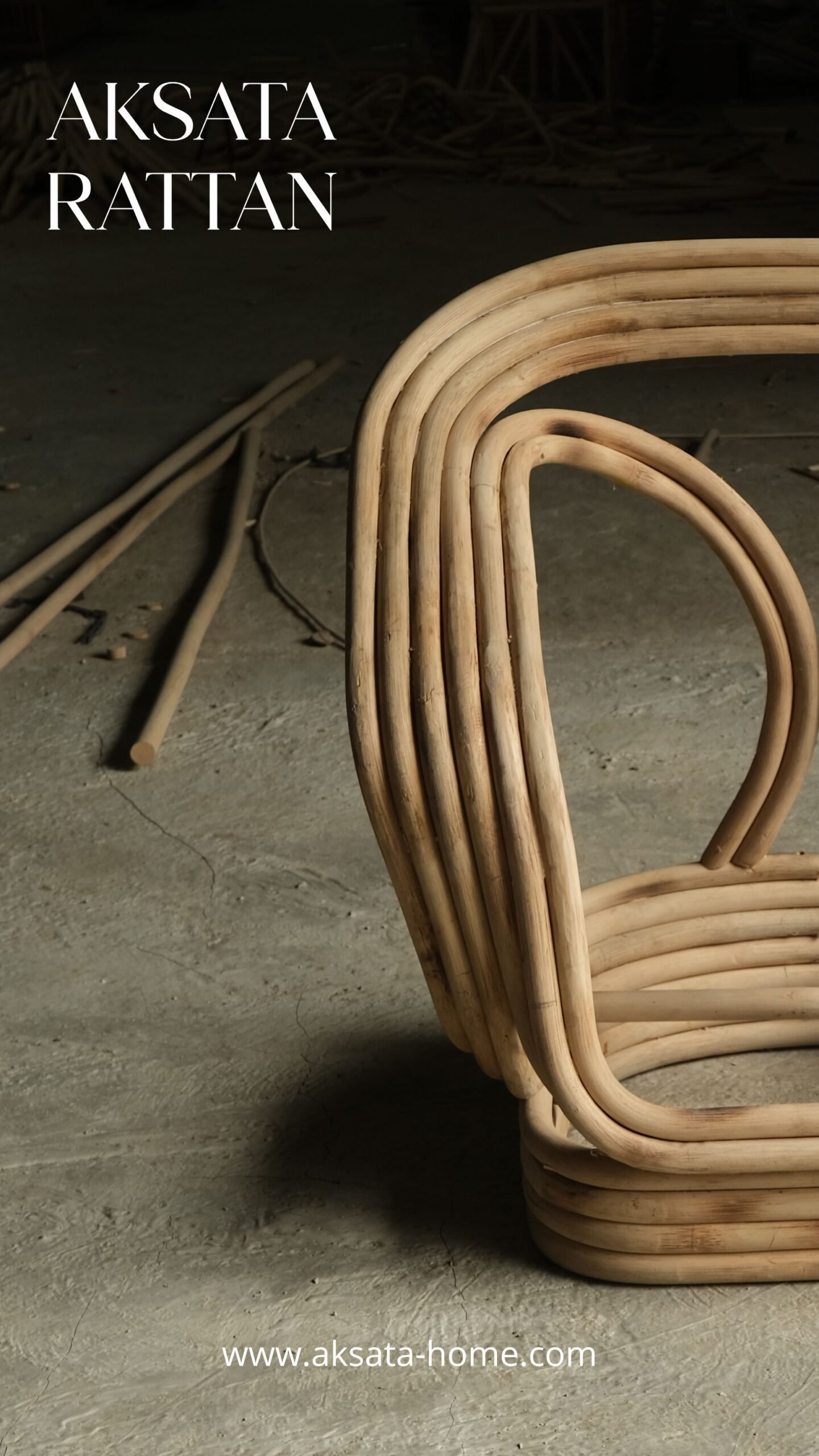Introduction: Where Craftsmanship Meets Culture
Behind every piece of handmade rattan furniture lies a story of tradition, skill, and dedication.
In Indonesia — home to the world’s richest rattan resources — artisans have been weaving natural fibers into functional art for generations. Their hands shape what machines cannot replicate: authentic, soulful craftsmanship that connects culture, sustainability, and global design.
1. The Heart of Indonesia’s Rattan Industry
While technology supports mass production, it’s the human touch that defines Indonesia’s rattan industry.
In regions such as Cirebon, Sukoharjo, and Kalimantan, rattan weaving is more than a job — it’s a cultural legacy. Families pass down their techniques from parents to children, preserving weaving patterns, binding styles, and finishing traditions that have existed for centuries.
Each artisan becomes a living bridge between Indonesia’s natural heritage and the global market for eco-friendly furniture.
Keywords: handmade rattan manufacture, Indonesian rattan artisans, traditional craftsmanship
2. Skill, Precision, and Patience
Crafting rattan furniture by hand requires extraordinary skill and patience.
From bending frames with controlled heat to weaving intricate patterns, every step demands focus and rhythm.
A single chair can take several days to complete, depending on its design complexity.
Unlike factory automation, handmade production allows artisans to control quality in every detail — ensuring perfect weaving tension, smooth joints, and organic curves that feel alive.
This precision is what makes Indonesian rattan furniture admired in Europe, America, and Australia for its lasting quality and artistic soul.
3. Artisans as Guardians of Sustainability
Rattan artisans are not just creators — they are stewards of sustainability.
By using locally harvested, renewable materials, they help sustain rural economies and reduce environmental impact. Many artisans work within community-based cooperatives, ensuring fair wages and ethical production standards.
Manufacturers like CV Aksata Funricraft collaborate closely with local craftsmen to promote eco-friendly processes, such as using water-based finishes and reusing leftover rattan scraps for small accessories or fuel.
Through their work, artisans play a vital role in keeping the rattan ecosystem sustainable — both economically and environmentally.
4. Preserving Tradition Through Modern Design
While rooted in tradition, Indonesia’s artisans have adapted to the global design landscape.
They now work alongside designers and exporters to produce modern, minimalist, and project-specific furniture that fits today’s international markets.
This collaboration between traditional skills and modern aesthetics ensures that the legacy of handmade rattan weaving not only survives but thrives.
At Aksata Funricraft, artisans blend local artistry with contemporary forms — crafting collections that tell stories of heritage, sustainability, and timeless design.
5. Empowering Communities, Building the Future
The handmade rattan industry empowers thousands of rural families in Indonesia.
By offering stable jobs, skill training, and export opportunities, it creates economic resilience in local communities.
Every purchase of handmade rattan furniture supports not just a product, but a network of artisans, families, and traditions that keep Indonesia’s cultural craftsmanship alive.
Conclusion: The Soul of Every Handmade Piece
In today’s world of mass production, Indonesia’s handmade rattan manufacture stands as a reminder that true beauty takes time — and human hands.
Artisans are the soul of this industry, transforming natural rattan into meaningful creations that carry both artistry and authenticity.
For global buyers, each piece from Aksata Funricraft Indonesia is more than furniture — it’s a story of craftsmanship, culture, and care, handmade by people who pour their heart into every weave.





